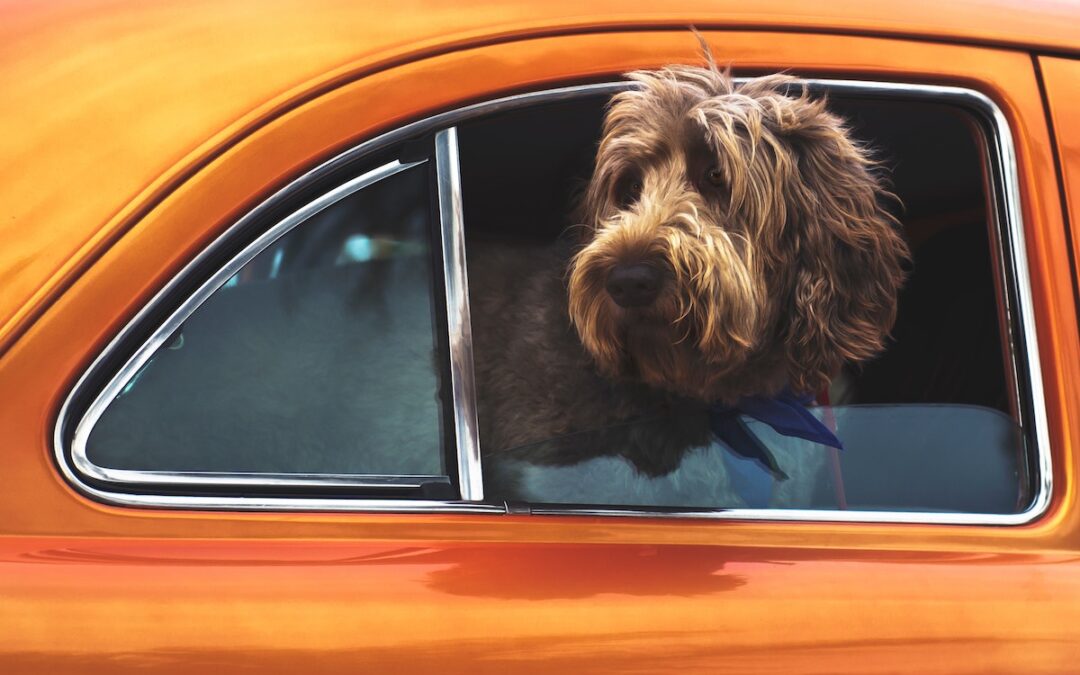Animals and privacy
Yes, you read correctly. Animals and data protection. Personal data is processed during every visit to the vet. Here too the new data protection law applies. In addition to the treatment documentation, the vet also needs information about the pet owner. This includes contact details or bank details for paying the invoice.
If the beloved animal has been infected with a disease that is also contagious to humans, the data is reported to bodies such as the responsible health or veterinary office.
Declaration of consent for animal owners
Since a veterinary practice must prove that the owner of the animal has given his consent to the respective processing purposes, the written form is the safest. Comprehensive information and education is necessary.
Confidentiality of the veterinarian
The veterinarian is bound to confidentiality like any other doctor. Health and personal data may therefore not be passed on without further ado be taken into account. For example, the fact that the animal has been kept in an unclean manner is the reason for the Treatment under the duty of confidentiality. Exceptions are regulated by special provisions of the Animal Welfare Act.
The Disclosure and thus the passing on of information subject to confidentiality data is only permitted with the consent of the animal owner.
Tip:
If in doubt, anyone running a veterinary practice should obtain the owner's declaration of consent. It is advisable to include this in the treatment contract. Provide patients with sufficient information about their rights and the nature and purpose of data processing. An information data sheet, which is displayed at the reception desk, informs pet owners about the new data protection regulations.
